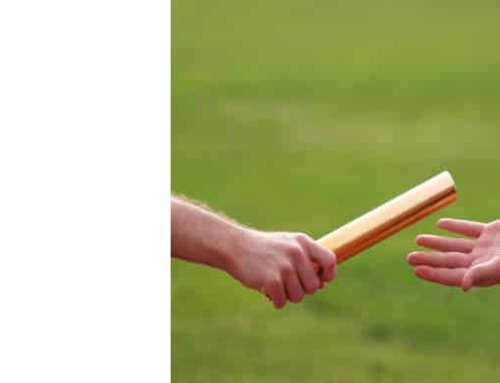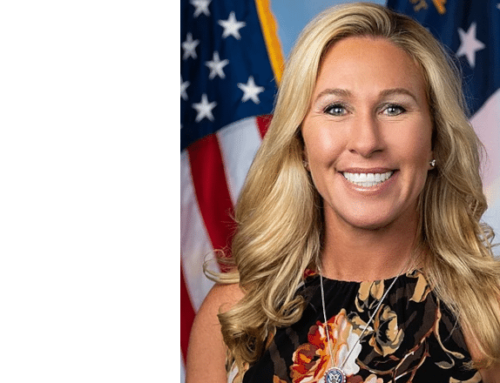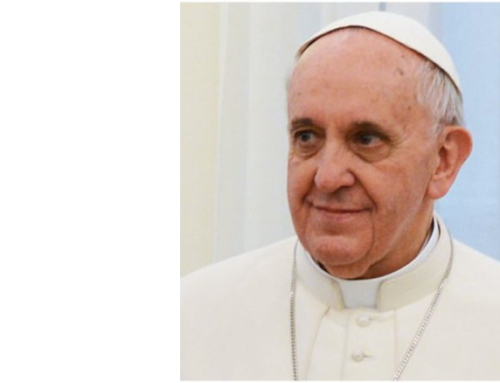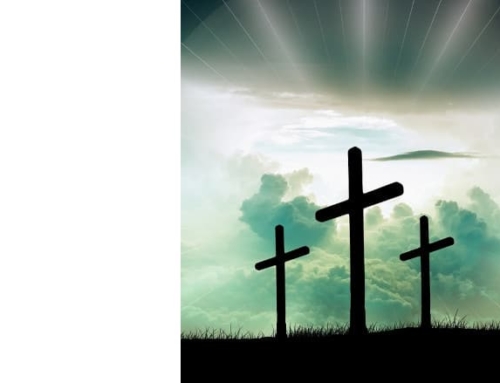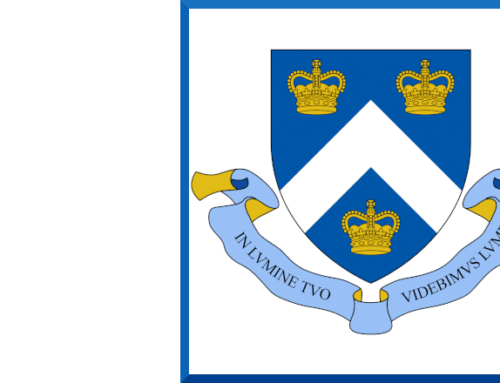On June 11, the Senate Judiciary Committee held hearings on the nomination of Alabama Attorney General Bill Pryor to the 11th Circuit Court of Appeals. On June 26, the committee will decide whether his nomination should be forwarded to the Senate for a vote. Catholic League president William Donohue raised some concerns over the process today:
“The U.S. Constitution specifically prohibits a religious test for public office, but this stricture does not empty the issue. There are still ways to screen for religion that do not technically violate the law, and that is what is happening to Bill Pryor. To be frank, he is the subject of religious profiling by abortion-rights Democrats.
“During the Senate Judiciary Committee’s hearing on June 11, Pryor was repeatedly asked about his ‘deeply held personal beliefs’ on abortion. How could he be objective about the topic given his ‘deeply held personal beliefs’ against it? Never mind that Pryor has already demonstrated that pro-life legislation does not merit a blank pass (he advised state lawmakers not to enforce a badly written piece of legislation on partial-birth abortion), what is really at issue is the underlining meaning of such questions. Quite simply, asking him about his ‘deeply held personal beliefs’ is code for questioning him about his ‘deeply held religious beliefs’ [read: his Roman Catholicism].
“This little tap dance around the Constitution is morally objectionable and legally questionable. That is why I have written today to every Catholic member of the House and Senate requesting that they scrutinize the Pryor vote very carefully. Indeed, given the gravity of this issue, they really need to be on high alert against any trace of religious profiling that might take place on June 26. What is most offensive about all this is the fact that dissident Catholics—those who reject the Church’s teachings on abortion—are not only found suitable for the federal bench, they are heralded for being so open-minded. This is a prejudice that must be rooted out and it is the obligation of Catholic congressmen to do so.”


